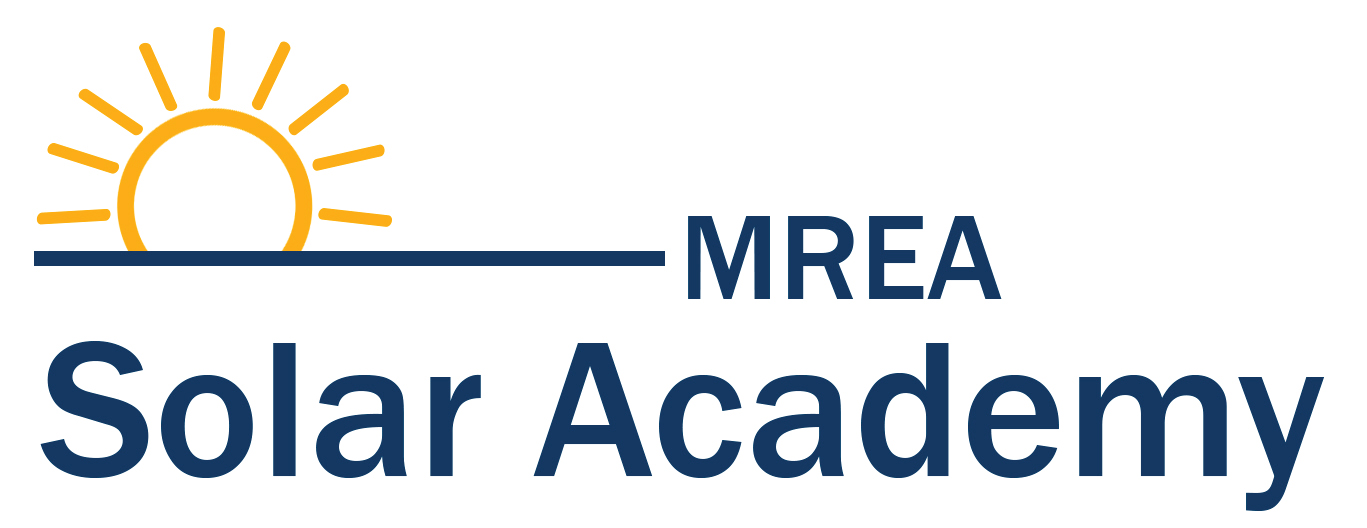
On Friday Nov. 4, the Paris Agreement on climate change became official. The U.S., China, and 53 other nations have ratified the treaty representing half of the world’s carbon emissions.
“The politically difficult step was Paris,” said Robert Stavins, an environmental economist at Harvard University was quoted today in The Wall Street Journal. “The technically difficult steps now remain.”
While a new administration in Washington could scuttle the U.S. commitment to the international pact, undoubtedly innovation will be essential to decarbonize the atmosphere. Action was evident Nov. 1 at the Illinois Governor’s Sustainability Awards event in Chicago. From towns and neighborhoods to major corporations, the 25 winners for 2016 demonstrated significant ownership of the need to reduce our carbon footprint.
Also on Nov. 4, Shell, BP, and eight other oil and gas giants announced an industry collaboration creating a $1 billion investment fund to accelerate carbon capture and storage and energy efficiency over the next 10 years.
The Prairie Research Institute and its Illinois Sustainable Technology Center are also working to be impactful on a grand scale. PRI’s effort to outfit the power plant at the University of Illinois with next-generation carbon capture represents a collaboration of multinational corporations with state and university partners. Success could be a game-changer for coal- and gas-fired power plants around the world.
Another major research project at ISTC could turn wastewater treatment in America from a cost sink and carbon producer, into a profit center and a carbon sink.
“Our approach is to simultaneously work toward sustainable and renewable energy, while taking responsibility for reducing the problems caused by traditional energy sources,” said Kevin C. O’Brien, ISTC director.



